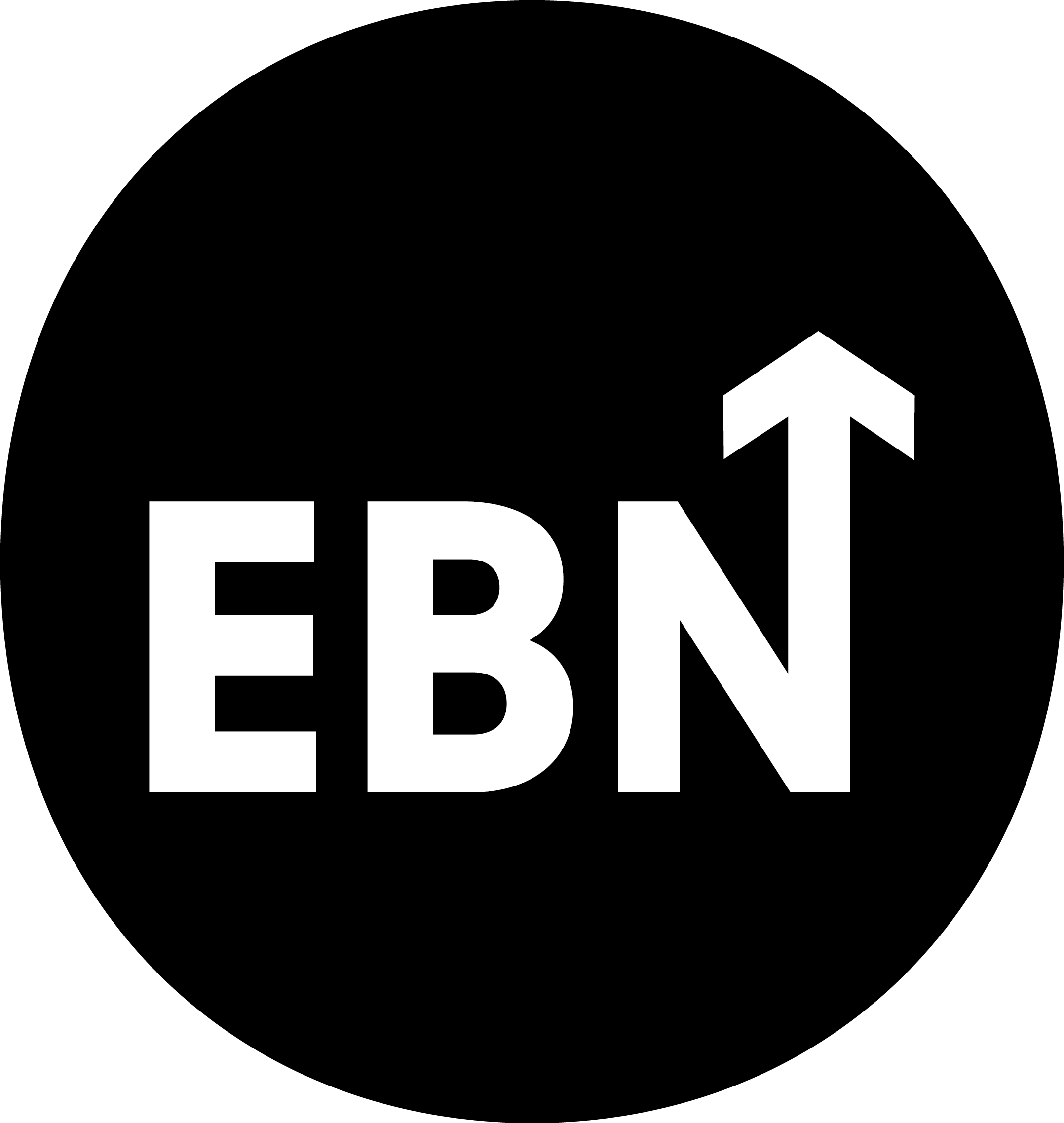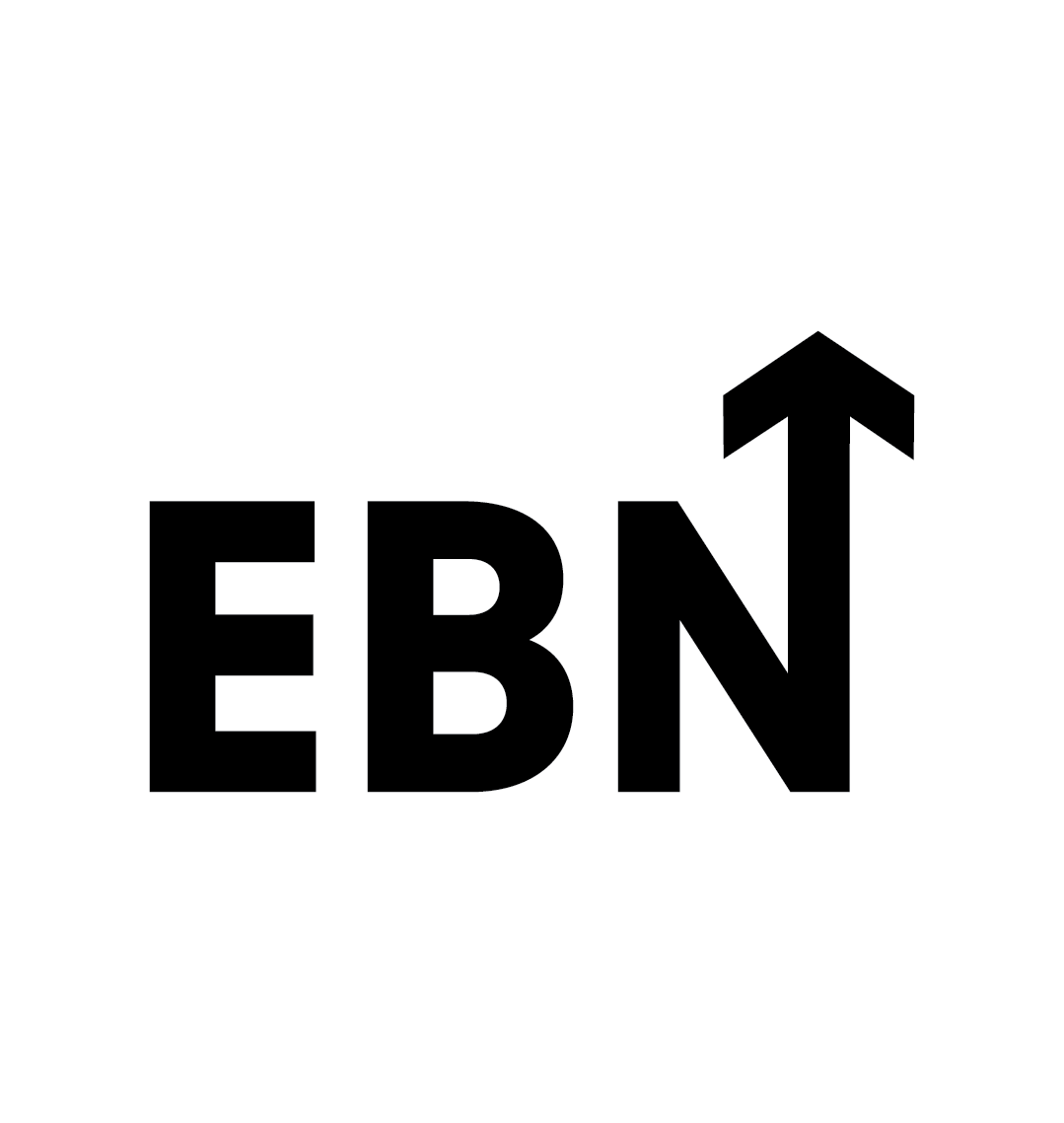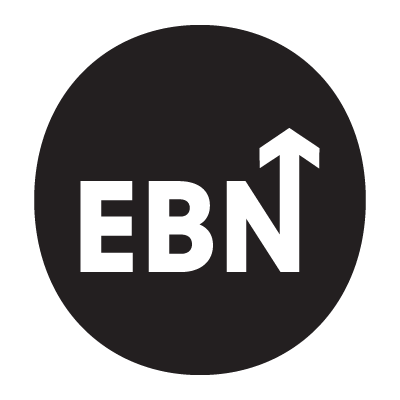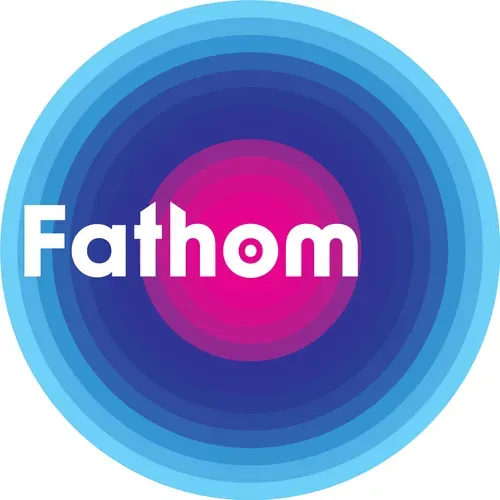This commentary highlights the key points from an article originally published on The Conversation with additional inputs and recommendations.
Imagine a workplace where the autistic employee’s attention to detail and pattern recognition are valued, where the ADHD employee’s boundless energy and creativity are channeled into groundbreaking ideas, and where the dyslexic employee’s ability to think outside the box is celebrated. This is the promise of embracing neurodiversity, a paradigm shift that progressive and forward-thinking employers are undertaking as they recognize the enormous value neurodivergent individuals bring to the company.
By fostering an inclusive workplace, these employers aim to provide equal opportunities and support to neurodivergent individuals, tapping into a previously undiscovered pool of talent and helping to foster a more creative and inventive workforce. Another helpful benefit of such an approach is that it can create a positive employer brand image, showcasing companies as progressive, empathetic, and committed to diversity and inclusion.
The Power of Neurodiversity in the Workplace
Viewing neurodivergence as a difference rather than a disability is consistent with modern workforce planning strategies. Companies that create an inclusive environment for neurodivergent employees understand that their unique strengths and perspectives can enrich the workforce, driving innovation and creativity. Implementing accommodations and support systems for neurodivergent employees not only empowers them to thrive in their roles but also demonstrates a dedication to employee well-being and success. This commitment has the potential to improve employee engagement and retention, further enhancing the employer brand.
The path towards inclusivity requires sensitivity and understanding, though. Employers must approach neurodivergence with empathy, avoiding assumptions and unilateral actions that could result in distress or legal consequences. Instead, they should encourage open conversations, collaborate with their neurodivergent employees, and provide training and awareness to leaders and managers to ensure that accommodations are implemented respectfully and effectively.
Momentum isn’t always progress, especially when you always end up back where you started.
Fathom helps you escape the loop. With insight, not intuition.
Broadening the Talent Pool
Embracing neurodiversity as a competitive advantage allows employers to attract a diverse pool of talent, fostering innovation and positioning themselves as leaders in diversity, equity, and inclusion (DEI). This not only contributes to a more equitable and productive workforce but also enhances the employer brand.
Moreover, an inclusive approach to neurodiversity has significant benefits for attracting neurotypical talent. When potential employees see that a company values cognitive diversity and fosters an inclusive culture, they are more likely to perceive it as a progressive, empathetic, and forward-thinking place of employment. This perception can be particularly appealing to younger job seekers, who prioritize diversity and inclusion when evaluating potential employers. A commitment to cognitive diversity signals that a company values different ideas and approaches, making it an attractive workplace for innovative and open-minded individuals.
Fostering an environment that celebrates cognitive diversity can enhance overall team dynamics and collaboration. Neurotypical employees benefit from working alongside neurodivergent colleagues, gaining exposure to different ways of thinking and problem-solving. This exposure can broaden their own perspectives, encourage creative thinking, and improve their adaptability in diverse work environments.
Helping HR, talent acquisition, employer branding, and company culture professionals find careers worth smiling about.
A Strategic Advantage
By promoting cognitive diversity, employers can create a workplace that appeals to a broad spectrum of talents. Highlighting policies and practices that accommodate diverse needs, such as flexible work arrangements, clear communication channels, and sensory-friendly workspaces, can signal a welcoming environment for neurodivergent individuals. Additionally, showcasing diverse role models and success stories within the organization can demonstrate a commitment to diversity and inclusion.
This approach not only attracts neurodivergent individuals but also enhances the appeal to neurotypical candidates who value diversity, innovation, and a supportive work culture. In this way, embracing cognitive diversity becomes a strategic advantage in the competitive landscape of talent acquisition and retention, helping companies build stronger, more dynamic, and more innovative teams.
Takeaways
How can employers support neurodivergent employees in the workplace?
Employers can support neurodivergent employees by implementing accommodations, fostering open communication, and providing training to managers on neurodiversity.
What is the benefit of fostering cognitive diversity in the workplace?
Fostering cognitive diversity enhances innovation, creativity, and team dynamics by leveraging different perspectives and problem-solving approaches.
Why is it important for companies to have an inclusive approach to neurodiversity?
An inclusive approach to neurodiversity ensures equal opportunities for all employees, improves employee engagement and retention, and enhances the employer brand.
How does promoting neurodiversity attract diverse talent?
Promoting neurodiversity signals that a company values different ideas and approaches, making it an attractive workplace for innovative and open-minded individuals.
What are some practical steps for creating a neurodiversity-friendly workplace?
Practical steps include offering flexible work arrangements, clear communication channels, sensory-friendly workspaces, and showcasing diverse role models within the organization.
Conclusion
Embracing neurodiversity in the workplace is a strategic advantage that drives innovation and enhances employer branding. By fostering an inclusive environment, companies can attract diverse talent and build stronger, more dynamic teams.







